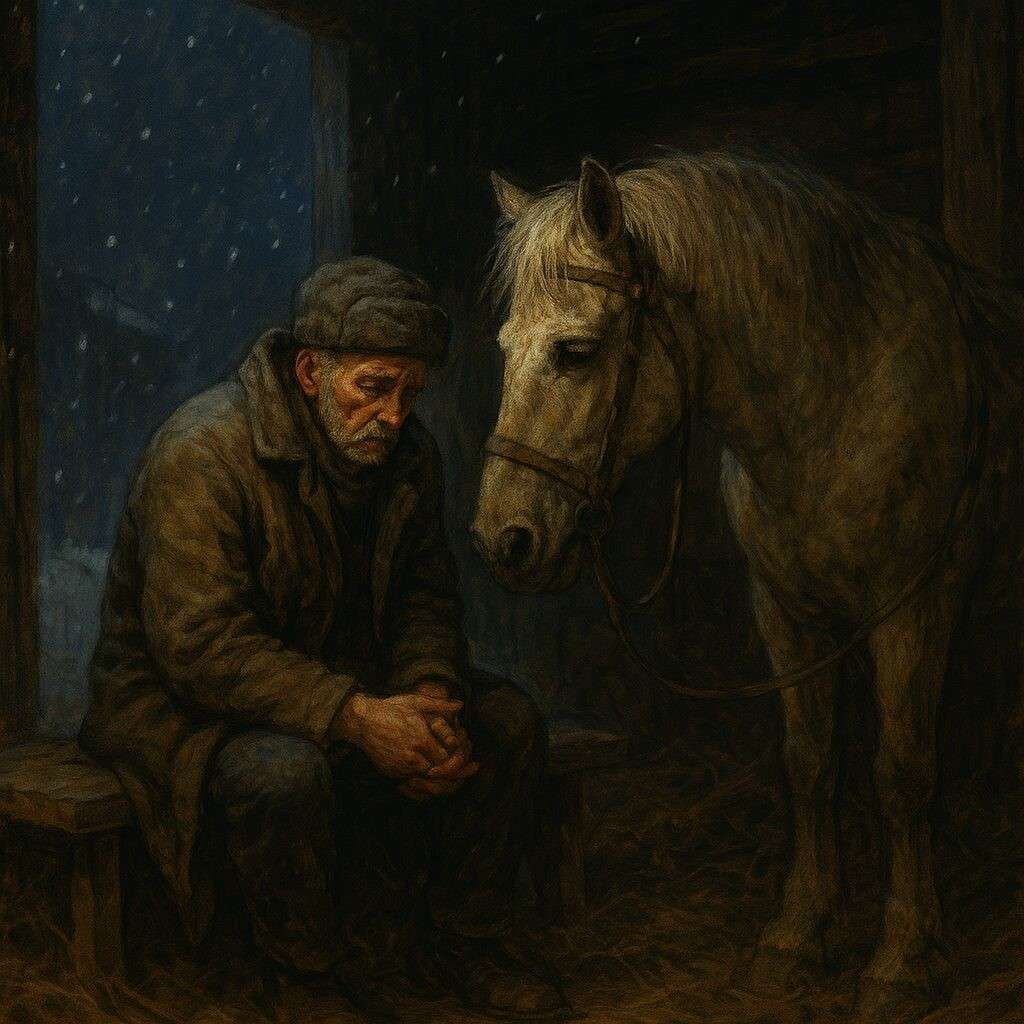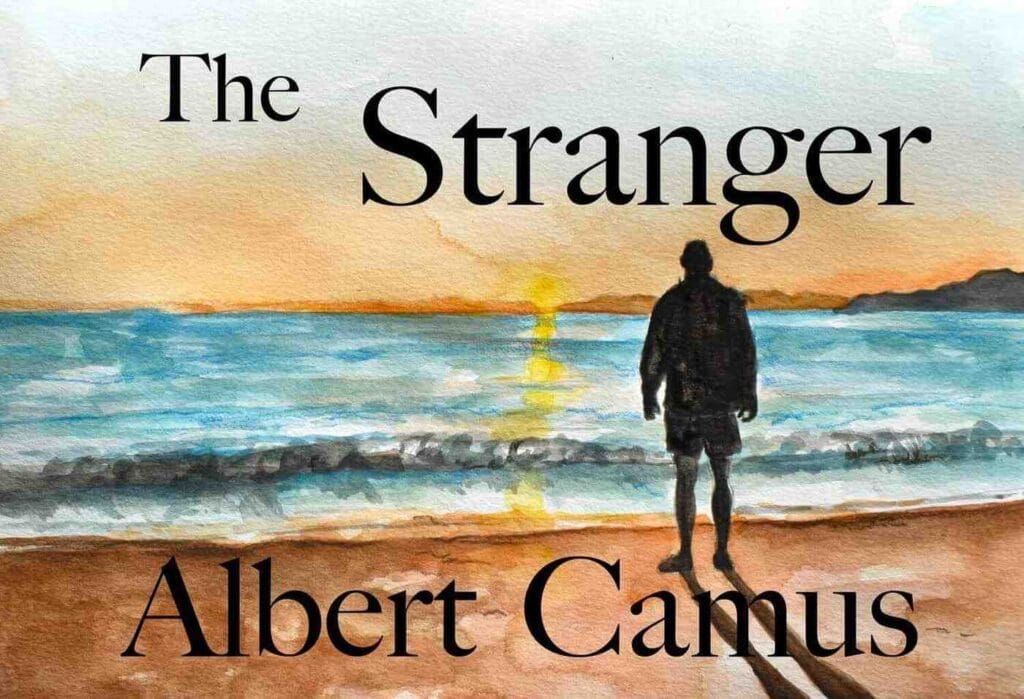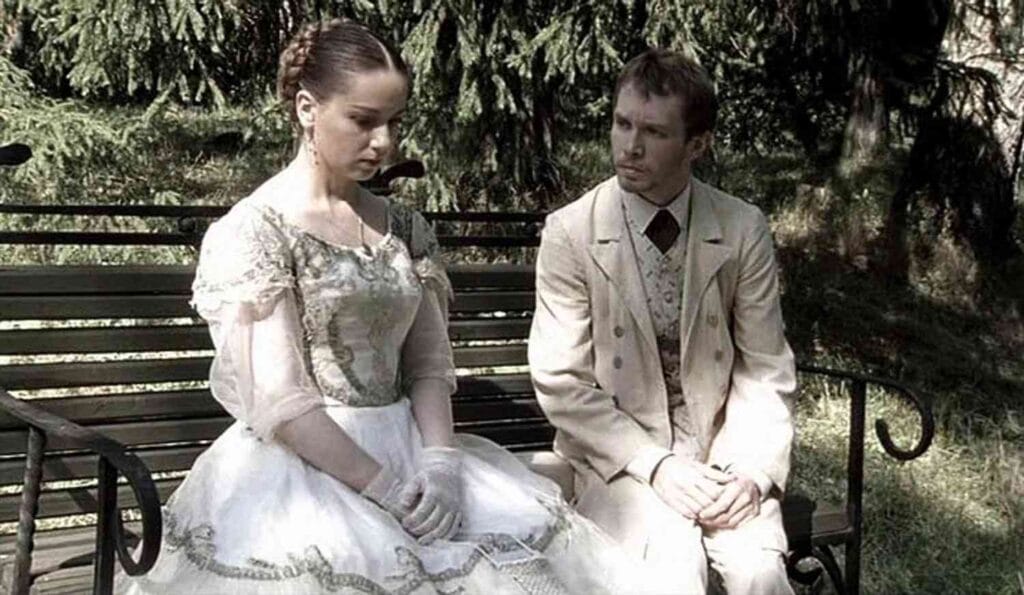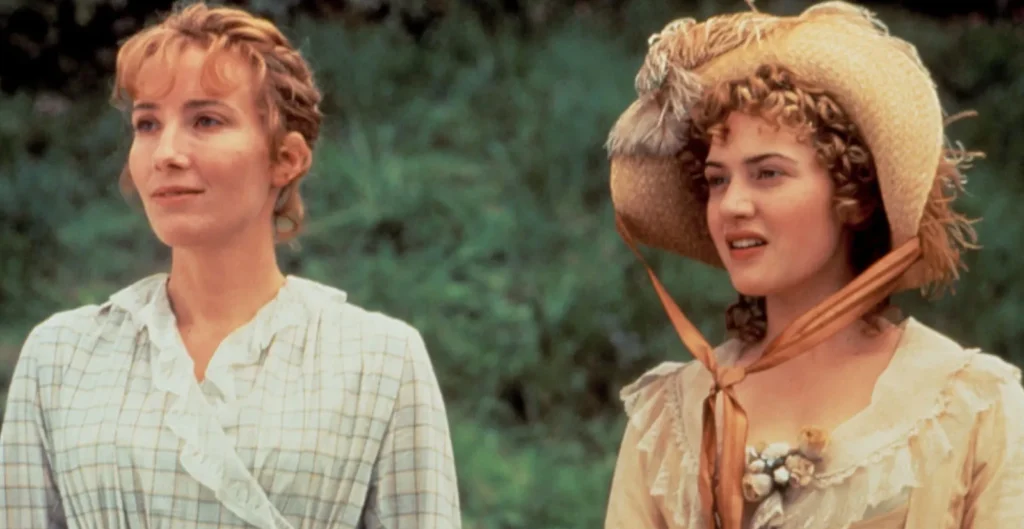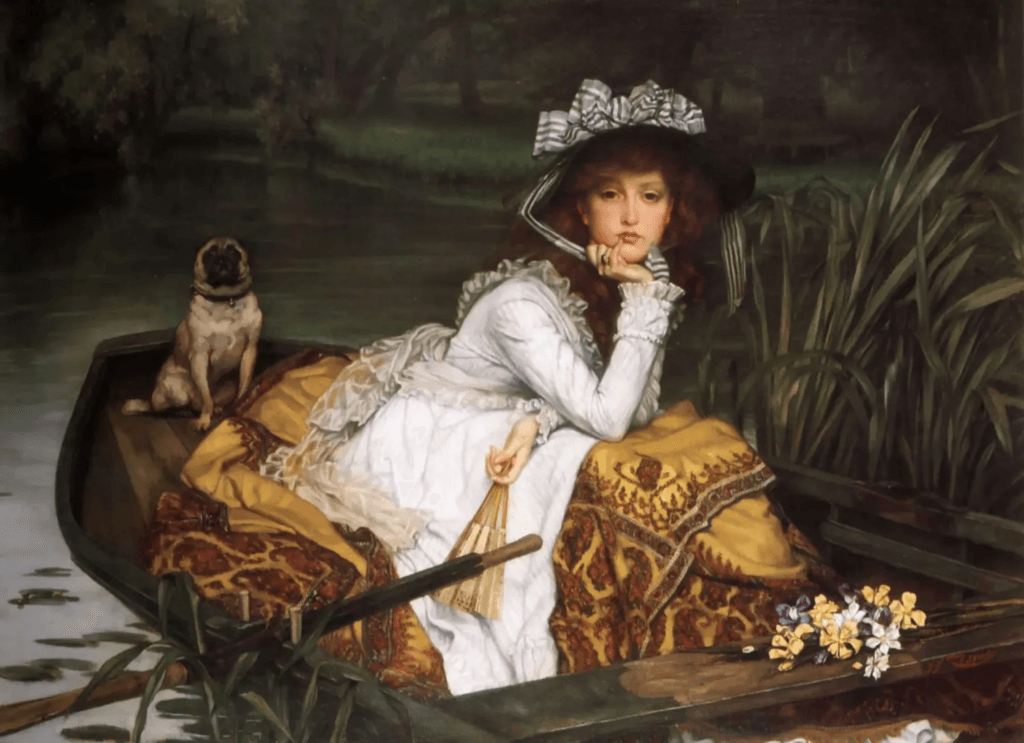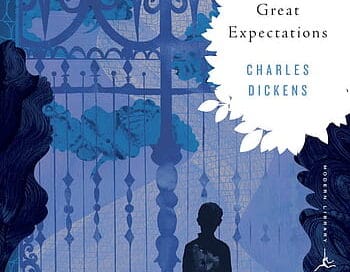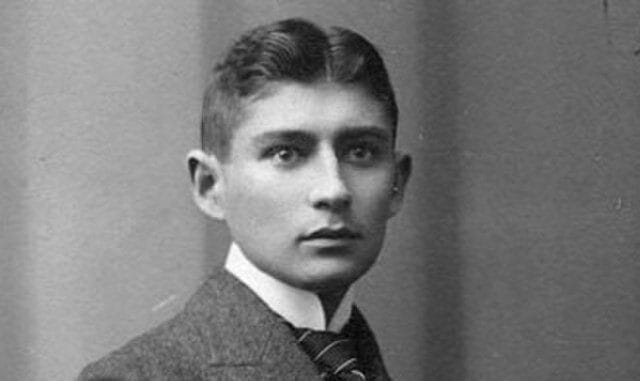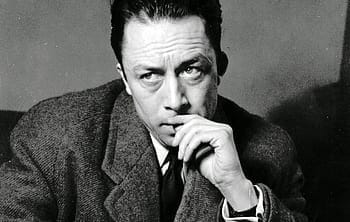Book summaries
Literature That Makes You Pause, Think, and Grow

Books carry more than just stories. They carry voices, emotions, struggles, and truths that continue to live in us long after we’ve turned the last page. At Think Their Way, our book summaries go beyond the plot. We dive into the ideas, emotions, and life lessons behind every great work.
From the quiet pain of Chekhov’s Misery to the cold stillness of Camus’ The Stranger, from the moral storms of The Idiot to the graceful strength in Sense and Sensibility—these stories don’t just entertain. They open doors. They show us who we are, who we pretend to be, and who we could become.
Whether it’s the surreal sadness of The Metamorphosis by Kafka or the emotional honesty in Hardy’s The Mayor of Casterbridge, we try to unpack the human layers in every novel and short story we feature. These are not just summaries. They are reflections on life, identity, society, love, loss, and hope.
As the blog grows, we will keep exploring literature from around the world. That includes the powerful voices of regional and Hindi writers, timeless Indian classics, and other hidden gems that deserve to be rediscovered. Literature is not limited by language. Wherever there is a story that speaks deeply to the human experience, we will bring it here.
This section is for readers who want more than just reviews. It’s for those who want to think, feel, and grow through literature. If you believe stories can shape us, if you find comfort or clarity in books, this space is for you.
Come, read between the lines with us. Let great literature summaries guide your thoughts and stir your soul.


